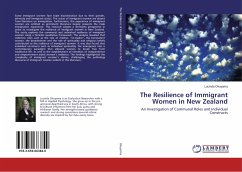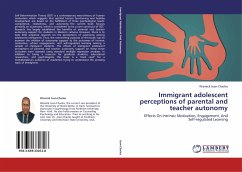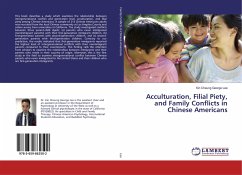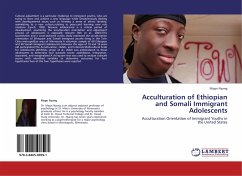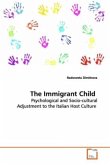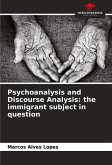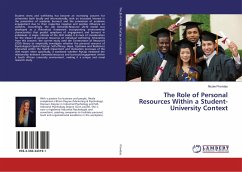Some immigrant women face triple discrimination due to their gender, ethnicity and immigrant status. The voices of immigrant women are absent from literature on immigration, furthermore, the experience of immigrant women are omitted as prominent literature largely presents the male immigration experience. This research adopts a strengths perspective in order to investigate the resilience of immigrant women in New Zealand. The study explores the communal and individual resilience of immigrant women using a feminist qualitative framework. The analysis revealed that collective roles such as the role of mother, "co-madre", the benevolent woman, the breadwinner and the role of spirituality and religious beliefs contributed to the resilience of immigrant women. It was also found that individual constructs such as individual spirituality, the emergence into a contemporary paradigm that allowed women to break free from traditional life, as well as the establishment of identities of independence and empowerment aided women's resilience. The findings highlighted the complexity of immigrant women's stories, challenging the pathology discourse of immigrant women evident in the literature.
Bitte wählen Sie Ihr Anliegen aus.
Rechnungen
Retourenschein anfordern
Bestellstatus
Storno

